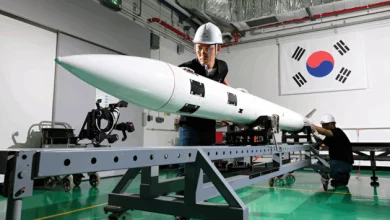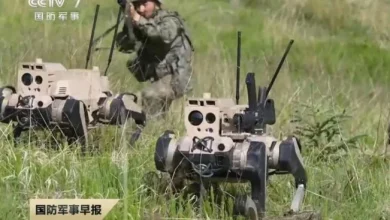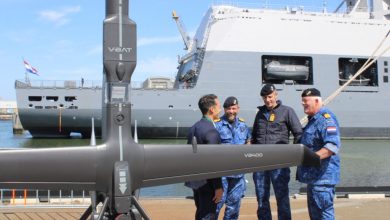Analysis: From ‘brain death’ to innovator, the Ukraine war has transformed NATO
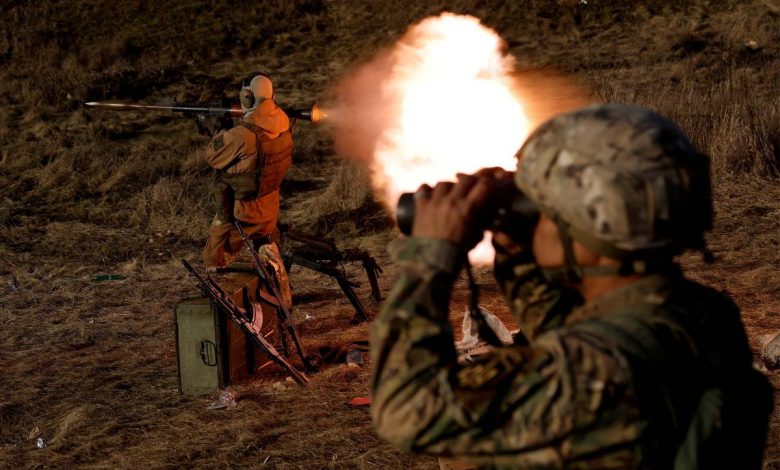
Ever since President Vladimir Putin gave the order for Russian troops to invade Ukraine, the international response has understandably focused on how best to end the land war. That has meant sending conventional military hardware – tanks, missile systems, artillery – and training Ukrainian soldiers.
Not bad for an organization France’s President Emmanuel Macron warned in 2019 was facing “brain death.”
Russia’s aggression hasn’t been restricted to the battlefield. Even before the invasion, NATO officials noted a rise in non-conventional warfare aimed at Ukraine and other Western targets. Since the start of the war, disinformation, energy restrictions and cyberattacks on infrastructure have all been weaponized by the Kremlin to justify and advance its war.
“A weapon, by its broadest definition, is something that you can use to coerce someone into doing what you want them to do. You can put a gun to their head, you can blackmail them, you can spread disinformation to turn others against them or you can turn off the energy to their house,” David van Weel, NATO’s Assistant Secretary General for Emerging Security Challenges, told CNN.
Those weapons are not only aimed at the target, in this case Ukraine. “Russia claims that NATO promised never to expand to the east after the dissolution of the Soviet Union. And although we’ve been debunking that for years, you see that this keeps coming back. And there’s definitely a percentage of our population that falls for this kind of disinformation,” van Weel said.
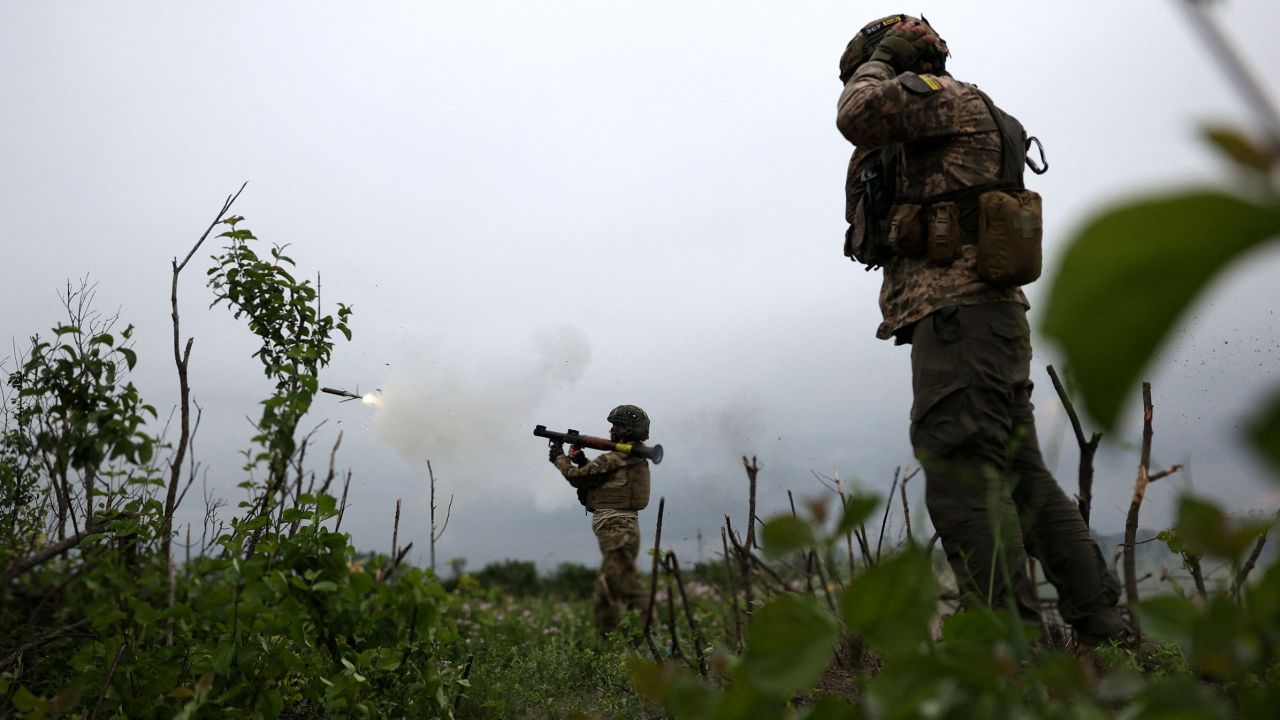
These sorts of attacks can have very real-world impact, van Weel explained, referencing a cyberattack that took out German wind farms last year. It is commonly accepted that energy security has been a key feature of the war in Ukraine, with Russia using energy as a weapon against Western allies.
Much of the Western focus since the start of the war has been on defense spending. It is no secret that the vast majority of NATO allies have for years fallen far short of their 2% target, something that has long infuriated officials at NATO’s Brussels HQ.
A common explanation as to why this happened is that in the post-Soviet era, Western countries became complacent, feeling that they had won the Cold War.
“Countries far away from invasion themselves felt that distance would lead security, and they could continue to ignore the growing urgency of investment in hard security,” said Keir Giles, a senior fellow at the London-based Chatham House think tank.
“Spending 2% of GDP on defence was supposed to be a baseline – the minimum credible level of defence budget. Over time, cynical countries who didn’t feel at risk pointed to the spending of 2% to claim that they were doing enough on defense. But in reality, there was no stipulation on what that 2% – even if they reached that threshold – was spent on, so it was never an indication of how prepared or useful they might be,” Giles added.
This inertia has also held back the West’s ability to deal with cyber and non-conventional threats from adversaries, including Russia and China. To those working in these areas, it came as no surprise that Russia had been so successful interfering in the elections of other nations or that China had so successfully spread disinformation in Western countries during the pandemic.
Peter Caddick-Adams, a former official NATO historian, explains that it is extremely difficult for nations not currently at war to behave as though they are. This war mentality is key when dealing with threats that are not boots on the ground, but are just as aggressive and exist in places that are harder to see.
“NATO could only go as fast as members were willing to invest. If you are a peacetime democracy, it’s very difficult to switch to that footing and counterattack your opponent’s non-conventional attacks. If you are not at war, there will be a limit on what you and your public are willing to spend on things they can’t see,” he told CNN.
While all eyes will be on whether or not Sweden becomes the 32nd country to join NATO at its summit next month, the collective defense alliance will also use its meeting to show that it’s prepared for its future.



